Design & Technology
Overview of Department
At Rye College, we recognise Design Technology as being an inspiring, rigorous and practical subject that is an important means of helping our students create bright futures for themselves and for the wider community. Using creativity and imagination, our students design and make products that serve to solve real and relevant problems within a variety of contexts, considering their own and others’ needs, wants and values.
Curriculum Statement: Values and Aims
By studying Engineering, Computing, and Food and Nutrition at Key Stage 3, our students acquire broad subject knowledge and draw on disciplines such as mathematics, science, engineering, computing and art. In addition, they will learn how to, and feel comfortable in taking risks and become resourceful, innovative, enterprising and capable citizens.
Through the evaluation of past and present design and technology, they develop a critical understanding of its impact on daily life and the wider world. High-quality design and technology education makes an essential contribution to the creativity, culture, wealth and well-being of the nation. Having designed our curriculum to meet the needs of a range of domestic and local contexts, we make sure that we meet the National Curriculum by providing out students with opportunities to:
- Develop the creative, technical and practical expertise needed to perform everyday tasks confidently and to participate successfully in an increasingly technological world
- Using a repertoire of knowledge, understanding and skills to design and make and evaluate high-quality prototypes and products for a wide range of users
- Critique, evaluate and test their ideas and products and the work of others
Our curriculum aims to ensure all students can understand the fundamental principles and concepts of computer science, they can analyse problems in computational terms and are responsible, analytical and creative users of information and technology.
Students are taught the importance of safe and responsible use of the internet and mobile digital devices. Through Design Technology lessons, Assemblies, tutor periods and all curriculum areas, E-Safety is reinforced so that students are aware of and can manage the risks of using the internet.
Everybody needs to be able to cook! In Food Technology lessons, students learn about nutrition and healthy eating, cooking dishes including stir fry, bread, pasta, pizza, biscuits, risotto, chilli, pastries and healthy snack bars. Students also learn to be safe and hygienic in the kitchen. Students develop the skills to cook and produce food for themselves and their families and become competent in a range of cooking techniques. In addition, students learn about staple foods and the main food groups and therefore are equipped to make better choices about their diets and healthy lifestyles. Students also understand the source, seasonality and characteristics of a broad range of ingredients.
This three-year course is designed to dovetail into the Level 2 Cambridge National in Engineering qualification reflecting the assessment criteria and focus areas as the qualification develops.
Progression Routes
After completing the Level 2 Cambridge National Engineering course, students can:
- Advance to Level 3 Courses
- Diplomas and Extended Diplomas: Specialise in Mechanical, Electrical, or Manufacturing Engineering.
- Start an Apprenticeship
- Advanced Apprenticeships: Gain practical experience and further study in a work setting.
- Enter Employment
- Entry-Level Positions: Roles like junior technician, maintenance engineer, or production operative in various industries.
- Further Education
- Specialised Training: Enroll in programmes focusing on specific engineering skills or technologies.
Benefits
- Improved Skills: Gain advanced technical skills.
- Career Growth: Access more job opportunities and potential for higher earnings.
- Professional Development: Stay updated with industry advancements.
